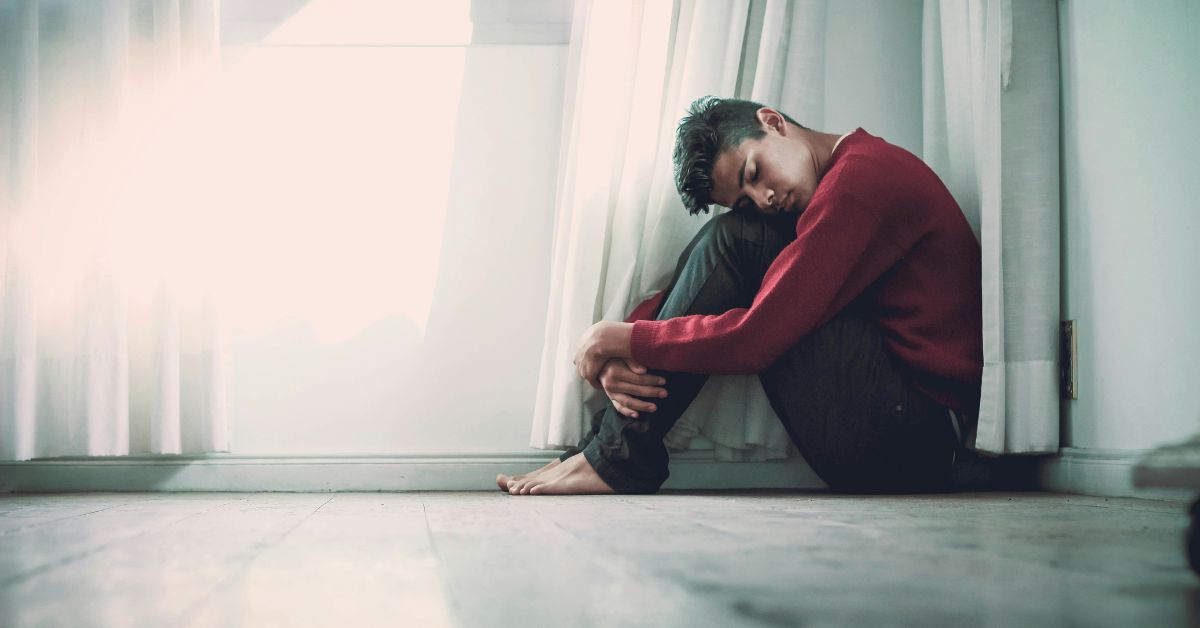By: Sabrina Peters
Have you ever walked into a room full of people and felt your stomach twist into knots?
Maybe your mind starts racing with thoughts like, What if I say something awkward? What if they think I’m boring? If so, you’re not alone—many people experience social anxiety.
Social anxiety isn’t just about being shy or introverted. It’s a deep, persistent fear of being judged, scrutinised, or embarrassing yourself in social situations.
For some, it’s mild and manageable, but for others, it can feel overwhelming and interfere with daily life. In fact, social anxiety disorder affects around 12% of people at some point in their lives, making it one of the most common anxiety disorders.
What Does Social Anxiety Look Like?
While feeling nervous before a big presentation or meeting new people is normal, social anxiety goes beyond that. It can show up in several ways:
1 – Thought Patterns
People with social anxiety often experience negative self-talk, such as:
- “They’ll think I’m weird if I blush.”
- “I’m going to mess this up.”
- “Everyone is staring at me.”
These thoughts can make even simple interactions feel stressful and overwhelming.
2 – Emotional and Physical Symptoms
Social anxiety isn’t just in your head—it affects your body, too. You might experience:
- A racing heart
- Sweating or trembling
- Nausea or an upset stomach
- Dizziness or feeling lightheaded
- Blushing or feeling hot
One study found that 92% of individuals with social anxiety report physical symptoms that significantly impact their daily lives. These symptoms are linked to the brain’s amygdala, which processes fear and can become overactive in people with social anxiety.
3 – Avoidance Behaviours
To cope with their anxiety, many people try to avoid situations that trigger their fears. Common behaviours include:
- Avoiding parties, meetings, or phone calls
- Preparing scripted responses to avoid awkward silences
- Speaking softly or avoiding eye contact
- Replaying conversations afterwards and analysing every detail
Although these strategies may offer short-term relief, they often reinforce anxiety in the long run. Research indicates that 70% of people with social anxiety engage in avoidance behaviours that limit their personal and professional growth.
Why Does Social Anxiety Happen?
Social anxiety is influenced by a mix of genetic, environmental, and psychological factors:
- Family history – If a close relative has anxiety, you may be more likely to develop it.
- Upbringing – Overprotective or highly critical parenting can contribute to social anxiety.
- Past experiences – Bullying, embarrassment, or negative social interactions can make social situations feel threatening.
- Brain chemistry – An imbalance in neurotransmitters like serotonin may play a role.
Studies suggest that individuals with social anxiety are more likely to have an overactive response to perceived threats, making social interactions feel riskier than they actually are.
The good news? Social anxiety is treatable.
With the right strategies, you can build confidence and feel more at ease in social situations.
Cognitive Behavioural Therapy (CBT)
CBT is one of the most effective treatments for social anxiety. Studies show that it can reduce symptoms in up to 75% of individuals by helping them challenge negative thoughts and gradually face their fears.
Practical Strategies
Here are some evidence-based techniques to help manage social anxiety:
- Challenge negative thoughts – Instead of thinking, “Everyone is judging me”, try, “People are probably focused on themselves, not me.”
- Exposure therapy – Gradually face social situations rather than avoiding them. Start small, like saying hello to a stranger, then build up.
- Mindfulness and relaxation techniques – Deep breathing, meditation, and progressive muscle relaxation can help calm physical symptoms.
- Self-compassion – Be kind to yourself. Would you judge a friend as harshly as you judge yourself?
If any of this resonates with you, know that social anxiety is common, and you don’t have to face it alone. Seeking support from a mental health professional can be life-changing. With the right help and tools, you can build confidence and enjoy social interactions without fear holding you back.
Remember, social anxiety is something you experience—it doesn’t define who you are.
About the Author: About the author: Sabrina is a pastor and a psychologist who is dedicated to helping people experience wholeness and growth. Passionate about building healthy families, she spend her days raising kids, supporting clients, and creating resources that inspire freedom and hope.
Article supplied with thanks to Sabrina Peters.
Feature image: Photo by Fernando @cferdophotography on Unsplash

